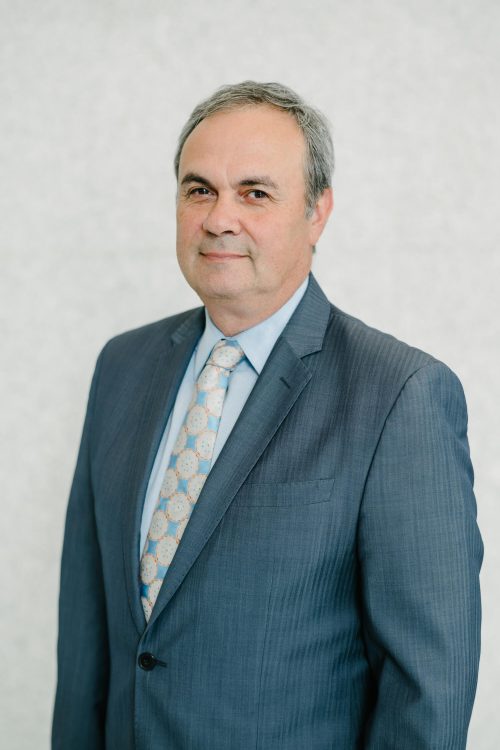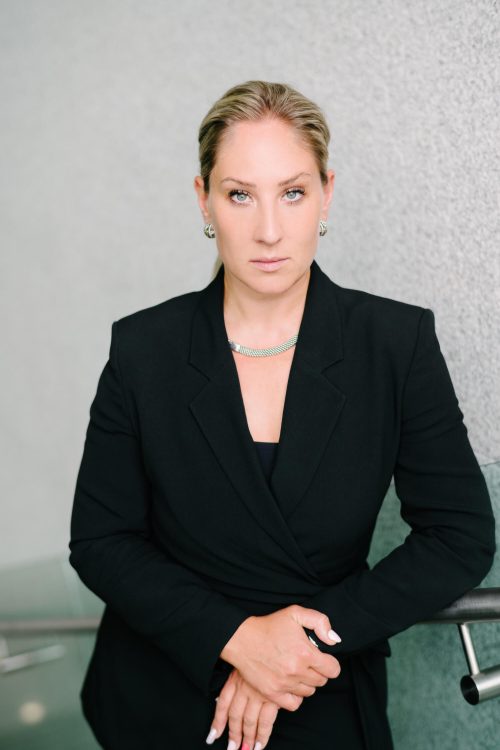Rob Ford Admits to Crack Use & the Legal Consequences
Boris Bytensky, a criminal lawyer, discusses the Legal Implications of Rob Ford’s Admission to Crack Cocaine Use

A hectic and historical day at City Hall was witnessed on Tuesday, where Toronto Mayor Rob Ford shockingly broke-away from months of denial of crack cocaine usage and admitted that he did smoke the illegal substance. In an almost unprecedented fashion, international eyes were on Toronto’s municipal politics as Rob Ford expanded on his vague Sunday apology to Torontonians for unspecified misbehavior.
Mayor Ford’s brother, Councillor Doug Ford, had earlier criticized Police Chief Bill Blair and called for him to resign. Last week, Chief Blair publicly confirmed that police have recovered a video that is “consistent” with prior media reports. Those earlier reports claimed that Mayor Ford is shown on video which appears to show him smoking crack
Earlier this year, “Project Traveller” – a year-long gang and gun investigation – resulted in raids and multiple of arrests of alleged Dixon City Bloods members. The video was recovered by the police’s technology department from one of the hard drives that was seized during the Project Traveller investigation.
Boris Bytensky, an adjunct Professor at Osgoode Hall Law School, and criminal lawyer and partner at Bytensky Prutschi Shikhman, was a guest on CTV News to discuss the case that has captured headlines around the world. Mr. Bytensky is first asked if Rob Ford has inadvertently broken the law. Mr. Bytensky says that while Rob Ford has publicly admitted to committing an illegal act, a more important legal question is whether he can be convicted based upon his own admission alone. This is a more complex question because, under Canadian Criminal Law, it must be proven beyond a reasonable doubt that the actual act occurred. To expand on this, Mr. Bytensky says that the Crown has to prove that Mayor Ford was in possession of an illegal narcotic, and that he had in fact, smoked crack cocaine. While it is clear from Ford’s own words that he “believes” that he smoked crack cocaine (at some unspecified time), it is necessary to prove beyond a reasonable doubt that what he smoked was, in fact, an illicit substance. From Mayor Ford’s words alone, that may be very difficult.
Mr. Bytensky is then asked a general question of what exactly happened today. Mr. Bytensky says that from a political perspective, the announcement by Ford was stunning. On the criminal law side, Mr. Bytensky says that Mayor Ford’s case signifies one aspect of a larger investigation. From that standpoint, by looking beyond the politically sensationalized developments, we should keep an eye out on what transpires and develops. All indications point to potentially larger and broader developments.
The CTV interviewer then summarizes the case of friend and close associate of Mayor Ford, Alessandro Lisi, who has been charged with one count of extortion, which is directly tied to Lisi attempting to recover the alleged Ford drug video. Mr. Bytensky reminds us that there is a wide array of different investigations and different persons (and charges) involved, and many other overlapping, entangled and intertwined investigations. It is hard, Mr. Bytensky argues, to isolate specific acts and allegations as the investigation is ongoing and all the pieces of the puzzle have not been publicly disclosed. While Ford’s admission and Lisi’s trial have garnered the most attention, Bytensky surmises that it is unlikely that the story will end with Mayor Ford’s admission and urges us to stay tuned for further developments.
If you need one of our Toronto criminal lawyers, please call us today.
Don't Let A Criminal Charge Destroy Your Life
Get 1 Hour Consultation!
Register with us to schedule a free consultation
Our Criminal Defence Lawyers

Boris Bytensky LL.B

Sonya Shikhman LL.B

Brittany Smith J.D.


